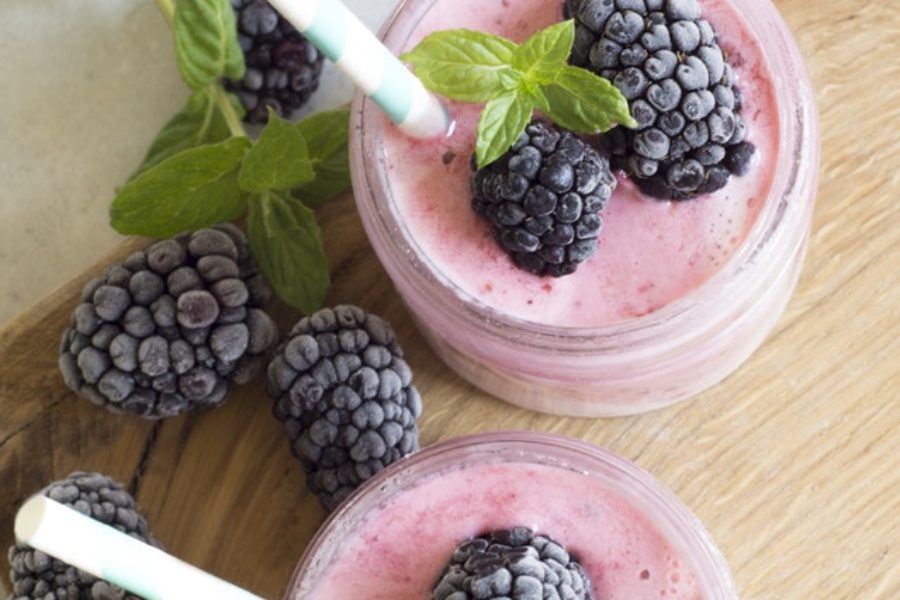As a nutritionist I have to help people find nutrition solutions to fit their lifestyle while also being honest about the impact that those solutions will have compared to others. Ideally, we would all carefully prepare our meals and consider having a variety of fruits, vegetables, whole grains, legumes, nuts, and seeds with optional low to moderate intake of foods of animal origin. This can be challenging for many people for a variety of reasons. One reason is that our schedules can be jam packed to the point that a diet plan can create more stress than the changes are supposed to help deal with in the food we are consuming. Let’s face it, today’s world is chaotic most of the time. Often, those that can plan, prep, and cook meals completely from scratch are privileged as more and more people have to have more than one job just to get by. In other cases, a person may have a private business that necessitates a lot of work time in order to be successful. While some people make large sacrifices in their lives in order to make the time, this is not the norm. Now, don’t get me wrong, as a nutritionist I have to agree with the idea that most of us could benefit by spending some time cooking more whole foods at home. On the other hand, I recognize that time and affordability can be a major obstacle to eating a variety of whole foods.
In the field of nutrition, we have a saying, “fresh is best.” The reality is that it’s more complicated than fresh is best. I can tell you that minimally processed frozen foods typically have a negligible difference in nutrients when compared to fresh foods.1 We know this because of a study that compared fresh and frozen broccoli, cauliflower, corn, green beans, green peas, spinach, blueberries, and strawberries.1 When comparing these fruits and vegetables concentrations of l-ascorbic acid (vitamin C), trans-β-carotene (provitamin A), and total folate were analyzed.
What was unique about this study is that the researchers were aware that people tend to go to the grocery store about once every 5 days.2 This means that there will often be “fresh” fruits and vegetables in your refrigerator that are not as fresh as food tested in other studies comparing fresh versus frozen or canned. To overcome this knowledge gap, the researchers added a third group called “fresh-stored.”
What the researchers found was that there was no overall difference between fresh and frozen. Though to be honest, there were some nutrients where there was an advantage with the fresh produce. When the researchers compared “fresh-stored” to frozen, more often than not, frozen produce retained more nutrients and so frozen fruit and vegetables can be considered a very reasonable option to fresh produce that is stored in the refrigerator for a few days. It’s been my experience as a nutritionist and human being that produce lasts a few days in the fridge before getting used. In these cases, frozen may actually be a better option. As the authors say, “the findings of this study do not support the common belief of consumers that fresh food has significantly greater nutritional value than its frozen counterpart.”
Frozen fruits and vegetables have some advantages, number one being the flexibility that comes with not having to throw away food that ends up getting spoiled. You know how it goes, you plan to make a meal but life happens and you end up with a bunch of “fresh” produce that isn’t very fresh anymore. Well, if those ingredients were frozen, they probably wouldn’t have gone bad. This leads to less food waste overall which equates to less money wasted as well.
Important consideration!
What this is not saying is that all frozen foods are “healthy” for you. This study compared whole foods and not processed foods such as the variety of tv dinners and other open and cook frozen meals out there. Frozen meals typically come with a lot of sodium, and added oil, and/or sugar. What this is saying though is that if the main obstacle with cooking more fruits and vegetables is the time needed to prep, or the potential food/money loss that can come with fresh produce, then have no fear, as frozen is a great alternative with very little downside.
References:
- Li, L., Pegg, R. B., Eitenmiller, R. R., Chun, J.-Y., & Kerrihard, A. L. (2017). Selected nutrient analyses of fresh, fresh-stored, and frozen fruits and vegetables. Journal of Food Composition and Analysis, 59, 8–17. doi:10.1016/j.jfca.2017.02.002
- Food Marketing Institute, 2015. US Grocery Shopper Trends. Food Marketing Institute.







